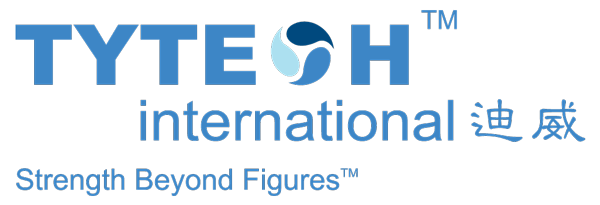Six Areas to Focus on When Auditing During a Pandemic
Banks, large-scale businesses, enterprises, and many investors use audit firms in Singapore to ensure financial transparency and find information about various companies. Many companies are facing a variety of challenges in auditing during the coronavirus pandemic.
During these challenging times, the role of the auditor as the capital markets’ protector is more important than ever. However, just like many businesses, audit firms are facing new challenges in conducting remote auditing and keeping their employees safe during the pandemic.
Audit firms in Singapore should focus on the following six main areas during the pandemic to make the process more efficient and safe.
1. Remote Auditing
Many auditors are struggling to understand the concept of remote auditing. They are not even sure if it is legal and ethical to perform audit work away from the client company.
The standard guidelines contain information about data and information that auditors should collect, but these rulebooks do not contain any guidelines about how to collect the company’s data.
Remote auditing is necessary in our current times, and it can be done quite excellently if the auditors correctly utilise modern tools and technology.
For successful remote auditing, you should ensure that you have the relevant technological infrastructure and that your team members have been trained to use these tools.
It is highly expected that many companies who have outsourced their auditing and accounting services in Singapore will have paper records and record books. Such records should be safely scanned by the auditors and securely distributed among the team members.
A proper plan should be developed to verify the documents and financial records.

2. Going Concern
The coronavirus pandemic has adversely affected the economy, and many businesses, such as hotels, restaurants, and the tourism sector, have taken a huge hit. In such harsh business conditions, the ability of many companies to continue as a going concern is becoming highly questionable.
Auditors should assess the complete conditions of the organisation and any important events in business activities that could indicate the entity’s ability to continue as a going concern. Internal management should also evaluate the company’s finances.
After a thorough analysis of the company’s financial health, a decision should be made about the company’s chances of survival.
3. An Emphasis of Matter Paragraph
Even if the auditors find that there is no doubt about the company’s ability to continue as a going concern, they may still need an emphasis of matter paragraph.
This unique paragraph is included in the auditors’ report if the auditors find an unusual event in a company’s history or if a massive loss is disclosed in the organisation’s financial statements.
If the auditor thinks that it is important to draw the reader’s attention to an important matter, they should include an emphasis of matter paragraph.
On the whole, the COVID-19 pandemic itself is an exceptional event that has dramatically disturbed entire business activities and expectations. Every auditor must make a smart choice about whether to include an emphasis of matter paragraph in these unprecedented times.
4. Limited Scope
Scope limitations are a serious problem that can arise during the pandemic. Due to limited access to documents on-site, your clients may not be able to provide all of the required documents; hence the scope will be limited.
Auditors need to focus on the type of scope limitation they are facing. If the limitations are affecting the whole entire audit report and preventing financial transparency, then it is a pervasive scope limitation.
On the other hand, a material scope limitation happens when the limitation is material but not pervasive in the financial statements. Both the audit firm and the client should work towards eliminating scope limitations to make the process reliable and efficient.
5. Subsequent Events
COVID-19-related business events will be included in the Singapore Financial Reporting Standards (SFRS). It’s important to provide evidence of the conditions that prevailed after the date of the financial statements.
Such events do not need to be highlighted in the financial statements, but their disclosure is important. Companies that outsource accounting services in Singapore should make their reporting method requirements clear to the firms.

6. Risks
The potential risks should be disclosed by management. The COVID-19 pandemic has created many risks and uncertainties for various types of businesses, and all of these risks should be disclosed to the auditors.
Audit firms should exercise their professional judgement about whether these risks should be included in the final audit report. Usually, a separate risk management report is produced to disclose risks.
In the case of a coronavirus-stricken economy, disclosing risks to shareholders and investors is more important than ever.
In a Nutshell
There is no denying that organizations and audit firms in Singapore are facing challenging times due to the coronavirus crisis. However, with smart plans and strategies, remote auditing can be done quite efficiently and smoothly.
Audit firms should focus on the aforementioned six main areas and follow traditional guidelines to produce relevant and reliable auditing reports.
For more information, feel free to get in touch with us.







